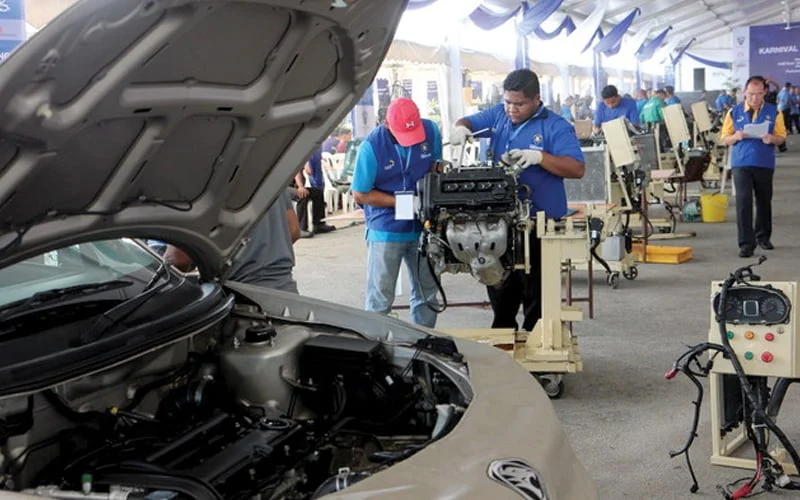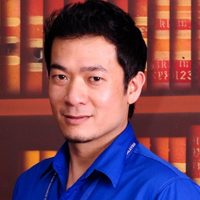
KUALA LUMPUR: Many countries are now especially keen on integrating science, technology, engineering, and maths (STEM) into technical and vocational education and training (TVET) to maintain their competitiveness, says academic Sheryl Lyn Carreon Monterola.
Monterola, the director of the National Institute for Science and Mathematics Education Development at the University of the Philippines, said that countries like the United States, United Kingdom, Singapore, and the Philippines are trying to ensure the viability and productivity of their human capital.
Speaking at a panel during the closing seminar of the Skills for Prosperity Programme in Malaysia (SfP-Malaysia) here yesterday, she said that the first step in integrating STEM is to redefine what constitutes a “STEM workforce”.

“It does not only mean those who are graduating from higher education institutions. The ones with bachelor’s degrees in sciences and engineering.
“It actually encompasses all the other candidates that are not necessarily degree holders, but truly apply STEM skills in their occupational roles,” she said.
Monterola noted that such integration more effectively tackles the need that innovation hubs and factories have for technicians to ensure they can keep up with productivity.
Dealing with ageing society
Fellow panellist and academic Lai Chee Sern noted that as Malaysia is considered an ageing country, its workers need reskilling and upskilling as the skills they have may be outdated.
“This is important to ensure that ageing workers will be able to apply their skills and secure decent jobs, especially those from vulnerable groups.
“The money they have after retirement may not be enough to cover their living and medical expenses,” said Lai, a senior lecturer in Universiti Tun Hussein Onn’s faculty of technical and vocational education.
Lai said that the fourth industrial revolution (IR4.0) has also changed the industrial landscape due to advancements in STEM and technology, making lifelong learning even more necessary.

“Lifelong learning is important to support ageing workers so they can acquire new skills and contribute to economic development.
“Those who engage in lifelong learning are more adaptable to changes in the workplace in terms of technology and work processes, as well as in their occupational roles.
“The continuous advancements in STEM have already allowed industrial and ageing workers to upgrade their competencies and become relevant to the labour market, to be more resilient to changes in technology and work processes.”
SfP-Malaysia is run by the International Labour Organization (ILO) and funded by the United Kingdom government from 2019 to 2023. It is a flagship UK global education and skills programme working with multiple partner countries, including those in Southeast Asia. - FMT
No comments:
Post a Comment
Note: Only a member of this blog may post a comment.